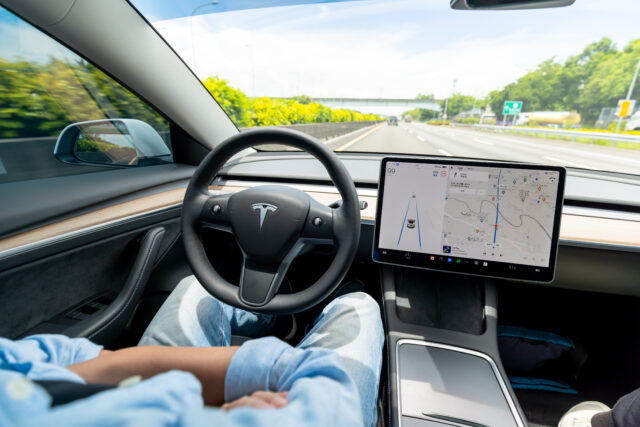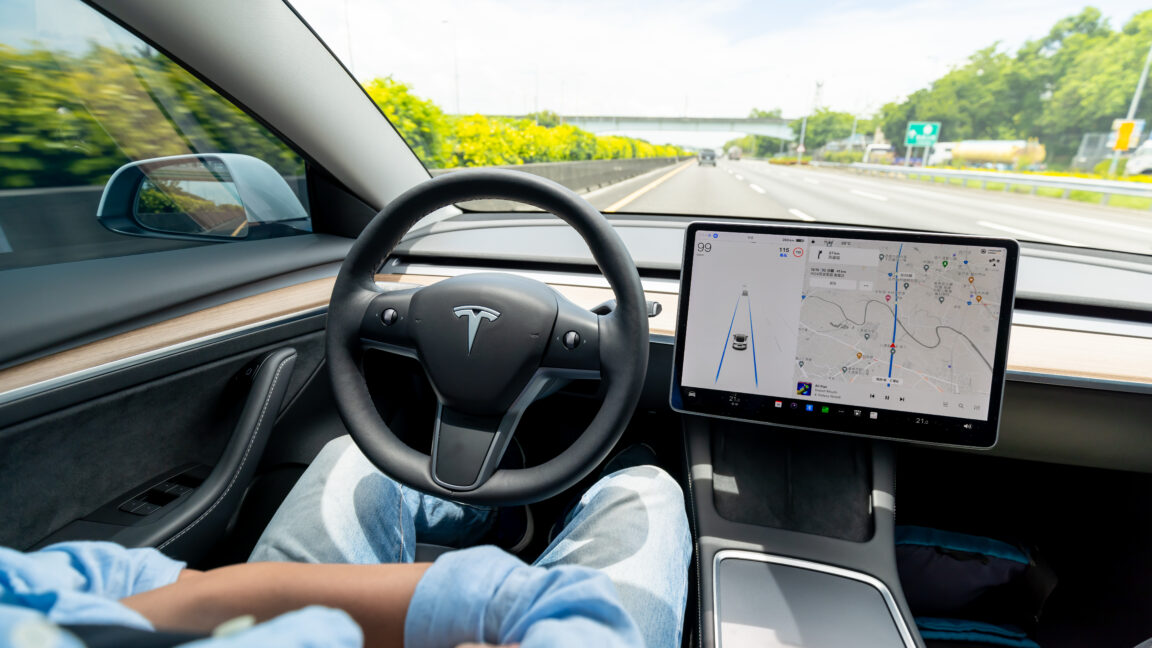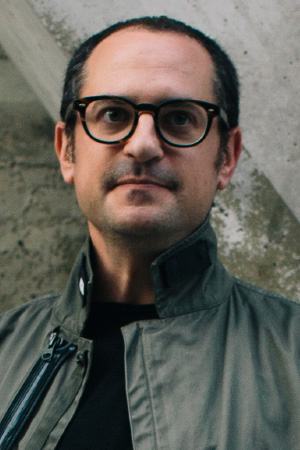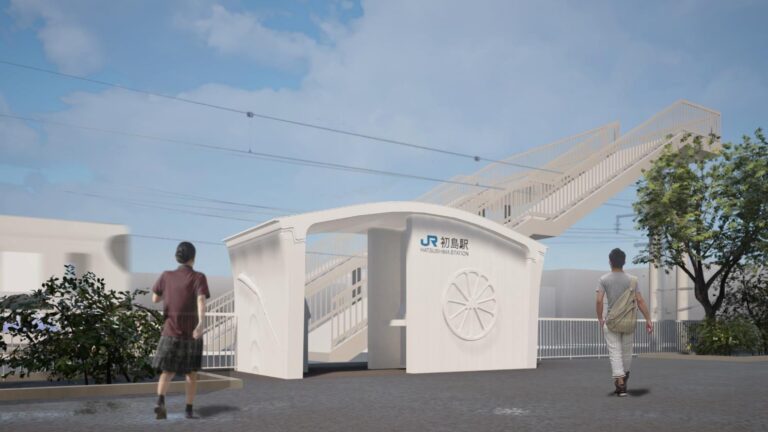Consumer advocates and the families of Tesla crash victims both called on Secretary of Transportation Sean Duffy this week not to weaken oversight of the automotive industry. As with other government agencies, since the change of administrations in January, much of the messaging from the Department of Transportation has been on overturning regulations on industry and weakening oversight and consumer protection to create a "level... playing field."
On Tuesday, seven family members of people killed or seriously injured as a result of Tesla's Autopilot driver assist wrote to Sec. Duffy with a particular concern: that he not overturn the National Highway Traffic Safety Administration's Standing General Order that requires automakers or operators to report vehicle crashes that occurred while using a partially automated driving system (like Tesla Autopilot or FSD) or an autonomous driving system (like Waymo's robotaxis).
In particular, the families are concerned that Duffy will give special treatment to Tesla's Elon Musk, who these days is busier poking his fingers into all corners of the federal government than he is running Tesla or SpaceX.
"We fear this important measure is under threat given recent media reports and the influence of Tesla CEO Elon Musk, whose company operates the most widely used Level 2 ADAS [advanced driver assistance] systems in America," the families wrote.
NHTSA has logged more than 1,800 crashes involving Autopilot and FSD since 2019, and at least 54 people have been killed as a result of using the systems. This has led the families to ask Sec. Duffy to "maintain robust federal oversight of autonomous vehicles and driver assistance software to preserve the Standing General Order and to ensure that active investigations into Tesla are free from political influence."




"F"SD will also happily disengage right before an accident, as will autopilot. It's entirely possible that's what happened here.
It's a human factors disaster, frankly. And just to cut off any nonsense about me just being some internet commentator: I had a Model 3 before probably anyone y'all know, serial number in the low 4,000s (and a lot of the serials lower than that were assigned and never built, so it's not like my car was actually the 4000th built). My car was also the first known field upgrade to the newer (at the time) FSD computer by a service center.
I used to be a cheerleader, but it was all a scam. Yes, it can be very capable and interesting under certain circumstances and sure I miss some of the functions from it, but it never delivered the features I paid for and I don't think it ever will, at least to the cars already in the field.